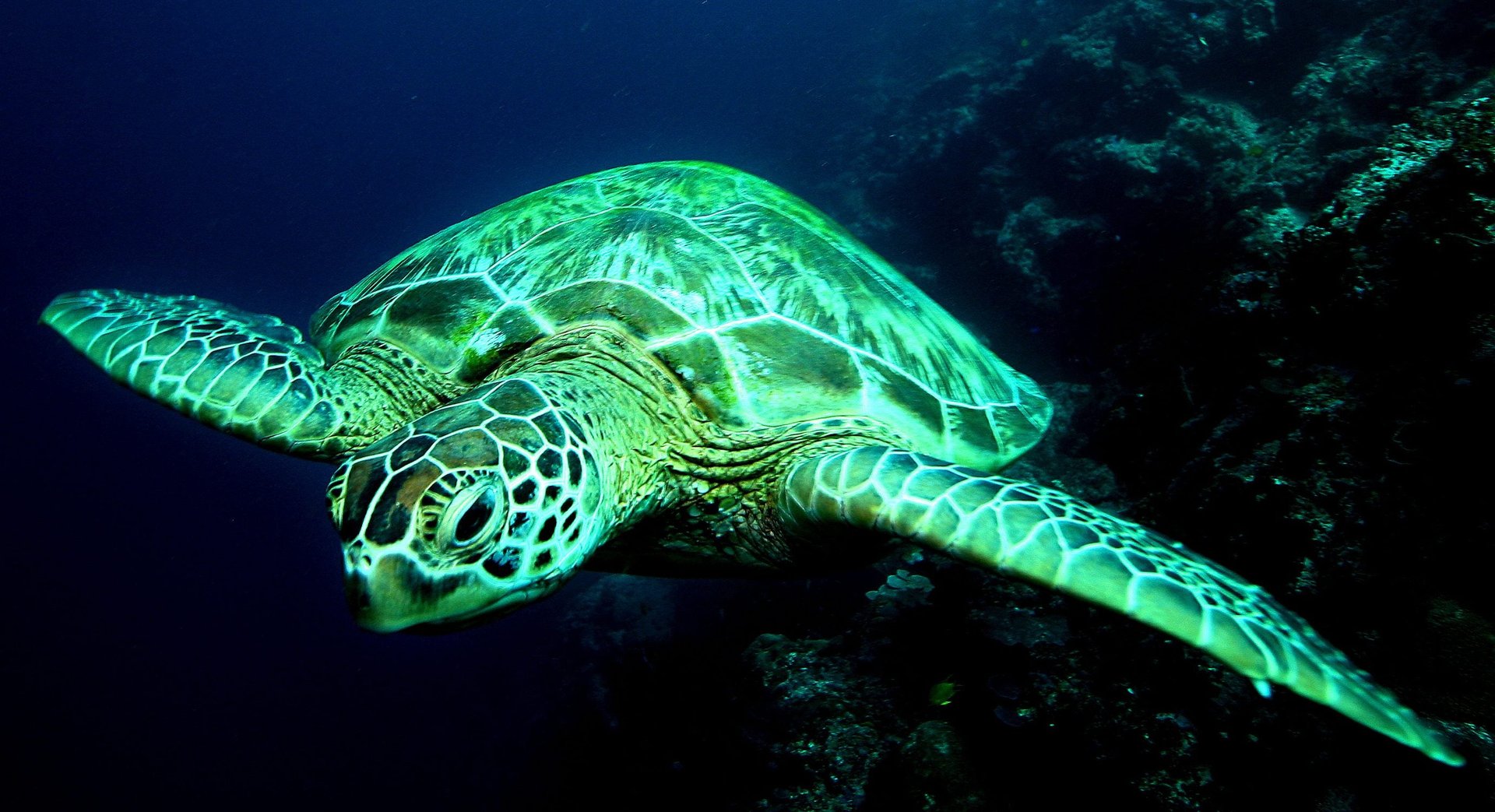Green sea turtles are turning all-female due to climate change
The same rising temperatures that are devastating Australia’s Great Barrier Reef are doing something very dramatic to the green sea turtles that are born alongside it: They’re turning them all into females.


The same rising temperatures that are devastating Australia’s Great Barrier Reef are doing something very dramatic to the green sea turtles that are born alongside it: They’re turning them all into females.
When a turtle lays an egg, the sex of its hatchling is not yet determined. The sex of most turtles—along with alligators and crocodiles—is determined by the temperature of the sand their egg incubates in. A very narrow and specific temperature range produces a clutch where 50% of the babies are born male and 50% female. A shift by just a few degrees cooler can produce a 100% male clutch. A few degrees hotter can turn the whole clutch female.
That means climate change has the potential to transform the makeup of whole populations of these creatures. On the beaches of Australia, it already is.
It seems nearly all—possibly 99.8%—of the green sea turtles born on beaches alongside the northern (warmer) portion of the Great Barrier Reef are females, according to new research published yesterday (Jan. 9) in Current Biology.
“This is extreme—like capital letters extreme, exclamation point extreme,” turtle scientist Camryn Allen, of the National Oceanic and Atmospheric Administration in Hawaii, and an author on the study, told National Geographic. “We’re talking a handful of males to hundreds and hundreds of females. We were shocked.”
Among turtles from the southern, cooler part of the Great Barrier Reef, the population was still skewed significantly female, though not as dramatically—between 65% and 69% there were females.
The researchers wrote that their data suggests the “complete feminization of this population is possible in the near future.”
And the heat doesn’t just feminize the turtles, it can kill them. “Furthermore, extreme incubation temperatures not only produce female-only hatchlings but also cause high mortality of developing clutches,” the researchers write. In Florida, rising sand temperatures have already been blamed for cooking baby sea turtles in their nests.
“With warming global temperatures and most sea turtle populations naturally producing offspring above the pivotal temperature, it is clear that climate change poses a serious threat to the persistence of these populations,” the paper reads.